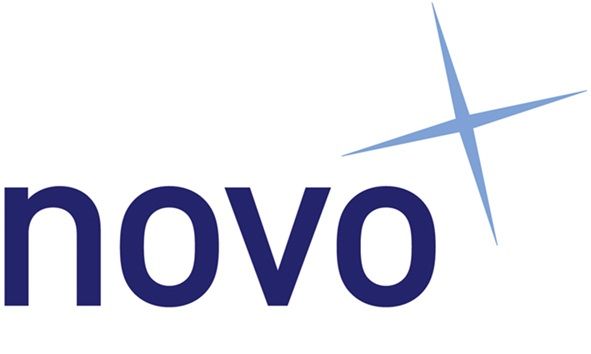LESS THAN 40 PER CENT OF FTSE 100 FIRMS HAVE DISABILITY INITIATIVES

Experts urge employers to think about how they attract and retain disabled staff, warning that ‘stigma, misunderstanding and knowledge gaps’ remain.
The majority of the UK’s top listed companies do not offer initiatives to support disabled and neurodiverse employees, a report has found.
The study by Agility in Mind, which looked at the reports of FTSE 100 firms, found that while 99 per cent had inclusive mission statements, just 37 had sustainable disability initiatives in place, and only four had neurodiversity initiatives.
In the research, which also polled 250 business leaders, only a quarter described their race or gender equality initiatives as ‘highly effective’ (both 26 per cent), with just 16 per cent saying the same about their neurodiversity initiatives.
Michelle Meakin, business services director at Agility in Mind, said while more organisations were now embracing management processes to become more diverse, businesses were “still lagging when change is harder to track such as with invisible disabilities or neurodiversity”.
“As the war for talent continues, organisations that are able to tackle this widespread issue are likely to see the most diverse and productive teams and reap the clear benefits of building an inclusive business,” she said.
Between 15 and 20 per cent of the global population is thought to be neurodivergent, the report said, meaning they have conditions such as attention deficit hyperactive disorder (ADHD), autism, dyslexia, dyspraxia or Tourette’s syndrome.
Get more HR and employment law news like this delivered straight to your inbox every day – sign up to People Management’s PM Daily newsletter
However, according to figures from the Office for National Statistics, just 21.7 per cent of autistic people in the UK are currently employed, making them the least likely disabled group to be in work.
Toby Mildon, an independent diversity and inclusion architect and DEI expert, said the disparity between company commitments to the nuances of diversity and their action has been an “ongoing issue”.
“That only 4 per cent of the FTSE 100 offer initiatives to support neurodiverse employees, in comparison to the 47 per cent that offer LGBTQ+ empowerment initiatives… is telling of how much work there is still to be done,” he said.
Addison Barnett, head of inclusion and diversity services (South) at Inclusive Employers, described the report’s findings as “disappointing but not surprising”. “Workplaces reflect the wider society in which we live and unfortunately that society is still not one that is inclusive of disabled people,” he said.
He suggested that employers looking to improve inclusion for disabled people focus on attraction, recruitment and retention. “What evidence can you point to in your attraction campaigns to show that you are committed to disability inclusion and that you have reviewed your recruitment and retention process with that in mind?” he asked.
“We know from our work with members and employers across the UK that disability is often not on the top of employers’ inclusion and diversity agendas. In reality there is still a lot of stigma, misunderstanding and knowledge gaps about what disability inclusion means.”
Originally published on People Management, https://www.peoplemanagement.co.uk/article/1791435/less-40-per-cent-ftse-100-firms-disability-initiatives












